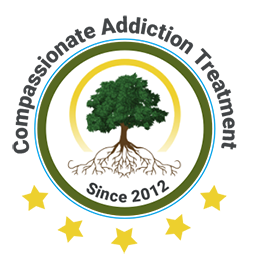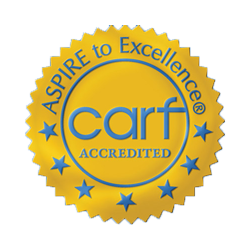In the 2021 NSDUH survey, 49.3% of full-time college students from ages 18 to 22 reported drinking alcohol in the previous month. Around 27.4% reported binge drinking within the past month. College drinking is considered by many students as a rite of passage. Many others see it as just a typical feature of social life for young people more generally. Of course, there is a darker side to binge drinking by students. The hazards of habitual binge drinking often lead to severe lifelong consequences. When such a situation develops for a young person, alcohol addiction treatment may be needed.
Contact Renaissance Recovery Center for information about overcoming alcohol addiction for young adults.
U.S. College Drinking Statistics
Many students may not make the connection between alcohol abuse and binge drinking. The latter may seem like a normal and harmless part of the college experience. But, here are some eye-opening statistics reportedly associated with college drinking in the United States:
- In 2019, nearly 1 in 10 full-time college students had alcohol use disorder (AUD).
- Nearly 700,000 students from ages 18 to 24 are assaulted each year by other students who have been drinking.
- About 1 in 5 female students are sexually assaulted during their college years and most of the attacks involve alcohol or a drug.
Why Do College Students Binge Drink?
The majority of college drinking is social and is considered, overall, to be just a part of college culture. But, more concerning habits of binge drinking involve a desire for some form of mental or emotional relief, such as to curb anxiety. In those cases, binge drinking is more likely to lead to more serious and lasting consequences. Those can include the development of alcohol addiction requiring AUD rehab treatment.
Among the most common reasons college students drink are:
- Coping mechanism
- Mood enhancement
- Anxiety relief
- Tension relief
- Relieve academic pressures
- Relieve the pressures of daily living
- Reduce stress
- Relieve inhibitions
- Feel more comfortable in social settings
- Experiencing pushing boundaries
- To fit in with peers
- Changeup their current routine
- Social camaraderie
What is Considered Binge Drinking, and What is AUD?
These definitions clarify the difference between binge drinking and alcohol use disorder:
Binge drinking: This is a drinking pattern in which a person continues drinking and his or her blood alcohol concentration (BAC) is 0.08%. That usually takes about 5 drinks within two hours for men and about 4 drinks in that timeframe for women.
Problem drinking: Binge drinking or other habitual drinking becomes problematic if it is negatively impacting the individual at work, home, socially, emotionally, or physically. AUD is understood as a brain disease that can range from moderate to very serious, even fatal. If the habit has advanced from casual drinking to an inability to control or stop drinking, the person has developed AUD.
Frequently Asked Questions About Binge Drinking and AUD
How much alcohol is binge drinking?
Binge drinking is defined by a pattern of activity more than by the amount of alcohol a person drinks at a given time. It’s a pattern of continuing to drink while the BAC is 0.08%.
Is binge drinking alcohol abuse?
Yes, drinking excessively is abusing alcohol.
Does binge drinking make you an alcoholic?
No. Binge drinking is narrowly defined as a pattern of continuing to drink, while the BAC is 0.08%. But, binge drinking can lead to alcoholism.
Taking Back Your Life – Renaissance Recovery Center
You do not have to try to overcome AUD alone or feel helpless in your struggle to regain control of your life. Our experienced team of alcohol addiction treatment specialists knows how to help you through the process of recovery from AUD. Keep in mind — we're here for you 24/7.




















